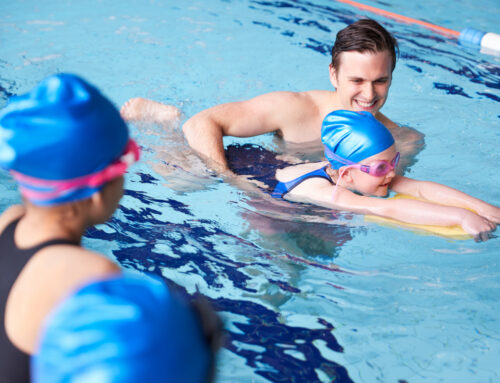By TopLine MD Pediatrician – Dr. Adriana Castro
Summer in South Florida is year-round. But during official summer months, the heat can become unbearable – especially when kids are running around and playing outside. Staying hydrated is a key factor to staying safe and healthy while still having fun in the sun.
The first step to keeping your child hydrated is to know how much water they should be drinking – their maintenance fluid. This baseline is based on weight and stature, as well as other factors such as physical activity and temperature. An easy way to monitor water intake is to download an app like iHydrate and Waterlogged. These apps tell you how much and how often you should be drinking, and also have an alarm to remind you when to drink your next glass.
It’s important to understand that it’s not about drinking a large amount of water at once, but drinking water consistently throughout the day. Making up for lost drinking time can be difficult and adds up.
If your child waits until they are thirsty, they may already be dehydrated. Dizziness, headaches, or faintness are often signs of dehydration. There are measures you can take if you start to see these signs:
- Take a few minutes to rest and re-hydrate. It can be difficult to get your child to drink water in the first place. If your child isn’t too keen on drinking water, try giving their water a twist with fruit-infused water bottles or liquid water enhancers. These sometimes do the trick.
- Replace lost electrolytes. Although sports drinks and coconut water are great ways to replace lost electrolytes, they should not take the place of water. If your child is very active and has lost these important vitamins while sweating, give them ½ water and ½ sports drink or coconut water.
- Monitor their dehydration by paying attention to the color of their urine. Keep them drinking water until it looks less concentrated and lighter or clear.
During the summer, talk to your children about the importance of water. Although coaches and camp counselors may remind your child to take a water break, it is usually up to the doctor or parent to educate their child.
Remember that it is harder to get out of a dehydration spell than to prevent one.



